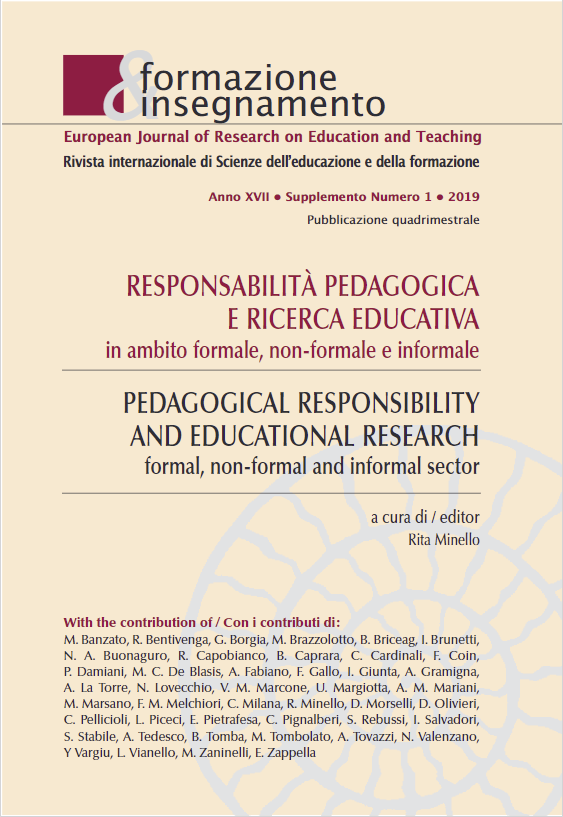The modernity of the Vygotskian studies and their contribution to educational research
Abstract
The studies that gather the Vygotskian legacy share an interventionist agenda that concentrates on human activities undergoing historical change. Although there is no monolithic research stream that fully gathers Vygotsky’s thinking, this paper describes the third generation of activity theory, the approach that most adequately collects his legacy. This field spans from the zone of proximal development to double stimulation, and from the mediated action to the selection of an appropriate level of analysis allowing researchers to study units instead of elements. The contribution of the Vygotskian legacy to the modern education research consists of: a) a new learning theory that explains innovation and social change – this area is expansive learning; b) a new unit of analysis to study the organizations and their external and internal interconnections – the network of activity systems; c) a new interventionist methodology that develops a collective transformative agency – the formative interventions. This paper shows how these most promising research streams have possible applications in the Italian context, for the development of a collective agency and competence as boundary crossing. The paper ends by discussing how activity theory is moving to the fourth generation to tackle the new educational challenges.
Downloads
Published
How to Cite
Issue
Section
License
Copyright (c) 2019 Pensa MultiMedia

This work is licensed under a Creative Commons Attribution 4.0 International License.
Formazione & insegnamento is distributed under Attribution 4.0 International (CC BY 4.0).
For further details, please refer to our Repository & Archiving Policy, as well as our Copyright & Licensing Terms.





